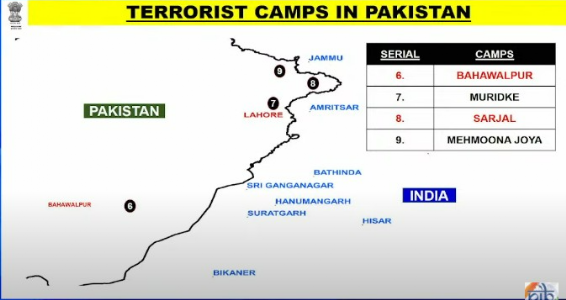Hype and sensationalism detrimental amidst COVID

Right communication is undoubtedly is indispensable to make one alert and prepared to counter any catastrophic incidents. In the case of a global health pandemic, it has assumed still greater significance.
An American researcher and the writer of “The Great Influenza” has asserted -- “In the next influenza pandemic, be it now or in the future, be the virus mild or virulent, the single most important weapon against the disease will be a vaccine. The second most important will be communication.”
Of course, in times of uncertainty, people naturally rely more on media than any other sources. It is therefore unbecoming when the e-media prioritizes increasing TRP by creating a sort of fear psychosis leading to distress among the masses.
Indeed, today’s media is not a mere content aggregator that disseminates information but is a powerful force shaping the attitude and opinion of each individual. As per the research paper titled ‘Collective Response to Media Coverage of the COVID-19 Pandemic,” published in the Journal of Medica Internet Research in October 2020, ‘the timing and framing of the information disseminated by media can modulate the attention and, ultimately, the behavior of individuals.’ In the scenario where the most effective strategy of fighting Covid-19 entails behavioral restrictions on the part of the individuals, this statement is certainly more relevant.
These days when we switch on the TV for news, it is the same incidents of gloom and doom and repetition. The media is propounding the views that everything is over in the country, making it difficult for anyone to escape. The number of deaths is portrayed as the count of seats won by a political party in an election or the latest IPL match score, with sorrowful visuals flashed repeatedly.
In this wind of hysteria and fear sown by the media, the nation is reaping the whirlwind; the TRPs gained by the news channel are only coming at the steep cost of mental health and immunity of the masses. Needless to say, a persistent barrage of tragic news has invariably increased the feelings of anxiety, depression and stress, adversely affecting an individual's ability to ward off the infection.
The hysteric coverage also promotes negative behavior and social unrest. Experts opine that disturbing images produce negative emotions that cause a lack of motivation to do anything or, worse, even induce self-harm. On April 23, 2021, a lady in Kerala committed suicide after seeing the footage of a Covid diagnosed youth jumping off the bridge. Will the self-proclaimed conscience keeper of the nation come forward to take responsibility for its actions?
Scientists and medical experts are already afraid of the aftermath of panic-inducing coverage. In an open letter to the media on April 30, 2021, a group of mental health professionals urged the media against the rampant use of Covid related disturbing imagery. The letter, endorsed by the President of Ethics and Medical registration board in National Medical Commission B.N. Gangadhar, president of Indian Psychiatry Society Gautam Saha and professor of psychiatry in AIIMS Rajesh Sagar, categorically mentioned that the incessant coverage impacts people confined to the four walls of their homes.
The media in India will do well to remember that its role is to show the cases with a sense of responsibility. It is time that it starts providing sensitive and sensible news coverage, which it is supposed to do. It can look to its American counterpart for some lessons here. A few days after 9/11, to avoid further deterioration of public sentiment, the media there decided not to show specific graphic images.
Meanwhile, let’s put efforts to create the right awareness that the general people stay away from all kinds of negative in the larger interest of their health and well-being. In the light of the present crises Dr. Anjali Chhabria, a psychiatrist, and psychotherapist has strictly warned, “When you’re going through Covid, it’s better to keep away from negative news. Keep yourself relaxed because your immunity depends on your emotional health. ”
Therefore, in our fight against the virulent virus, we should always be extra careful that our mindset is not overpowered by the negative forces. Positivism and optimism in our thought process alone contribute to boosting the strength of our immunity and mind. So, nothing is better than keeping negativism at a distance as we have learned to keep the physical distance.
Let’s firmly believe there is light at the end of the tunnel.





